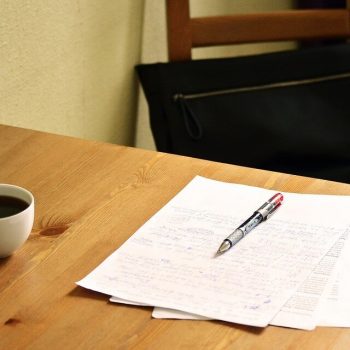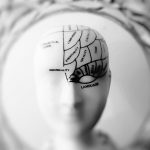A-level examinations are close, and the need for independent study is upon you. Online A Levels can be a gateway to university and Level 4 study so that they will be challenging. Therefore, being prepared is essential and so is understanding how to practice the skills you will need for success.
Let’s look at some of the most successful study habits of those who will excel in their A-level study.
Past Papers are an essential
Studying for examinations is not that different from running a 100-metre sprint in front of millions of people. The professional athlete will have drilled the start, drilled the final line, run the 100-metres a thousand times before the big race. The practice means the athlete’s body remembers how to succeed when put under the pressure of so many prying eyes.
When you sit to do your examination in the hall under time pressure, with the knowledge that the next person to hold the paper is an examiner – this is pressure – this is the athletics stadium. Practice lots of papers, make the skills of answering the paper a part of the memory in your muscles. Your body will surprise you by springing into action even when you panic.
As well as looking at past papers and completing them, it would help if you then compared your answers to example A and A* responses. Can you see where they may have done something better? This reflection is the best learning you can do.
Check out the examiner’s report
The person in charge of your exam writes a report each year with examples and tips. Sure, this is aimed at teachers but why not read it too. The report will explain how the question is marked and what people commonly got wrong, making it easy to avoid the same mistakes. If the examiner has year on year said that they offer the highest marks to those who provide criticisms, then make sure you do this in your answer. If they want your opinion, written from a personal perspective, then you know to do this instead.
Chunk it down
There is a reason why the BBC call their revision website Bitesize. The point is that revision is difficult, and the only way to do it is in small chunks. To continue the metaphor from the BBC, it is a good idea not to bite off more than you can chew. So, look at your examinations and work out what topics you will need to revise. Break these topics down into smaller chunks. When you have completed your list work out a 20-minute task you can do to refresh your understanding. Once you have worked through your list once, start again with a different task to help update your knowledge and skills.
It is a good idea to map these revision tasks out on a revision timetable. This will help you keep track of where you are in relation to your final goal of the examination.
Flashcards and card sorts
First, the act of creating your flashcards and card sorts will be a learning exercise. To make a flashcard, you need to condense the information down to a consumable chunk when it is held up. When creating a card sort, you will need to think about how one idea links to another idea, which might connect to another idea.
Kinaesthetic learning is well researched. Moving while you learn uses different parts of the brain and is much more effective than just reading notes from the page or rewriting ideas.
You can have some fun with this by designing the cards to be attractive or visual; then you will be using a completely different learning style. Our memory likes pictures; they can contain many ideas in a single symbol.
Look after yourself
It would help if you continued to eat and drink sensibly. Too much sugar and too much coffee will ultimately reduce your concentration and focus. Drink much water, eat healthy snacks as you revise – and more importantly – exercise too. Your body is a basic input-output machine. What you put in relates directly to what you get out of it. Your brain, for instance, is 79% water. Therefore, if you dehydrate yourself your brain literally shrinks. Your thinking will become foggy, and your memory will be reduced. You may think you are working so hard you can’t drink, but you are wasting your time!
Eat, drink, go for walks, revise a bit too.








